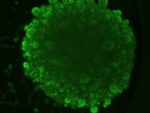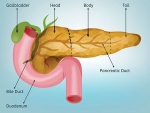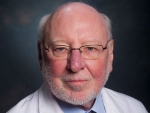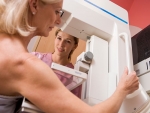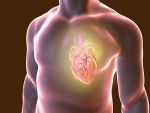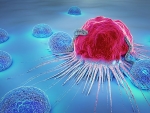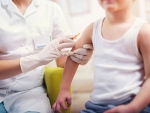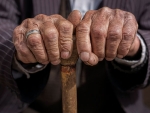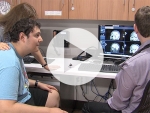Displaying items by tag: oneal comprehensive cancer center
The Blazer Bolt for Brain Cancer boasts record attendance as it raises money for brain tumor research
UAB investigators are on the track of new technologies to better guide brain tumor therapy decisions.
Tagged under
A new UAB center will serve as a state-wide resource for patients with diseases of the pancreas and bile ducts.
Tagged under
A UAB Distinguished Professor has been awarded a lifetime achievement award in the field of infectious diseases.
Tagged under
A study led by a UAB oncologist finds that adolescents and young adults with a form of leukemia are disposed to higher relapse rates.
Tagged under
Tagged under
End-of-life care can be difficult to navigate, but understanding how to treat a patient based on their goals is key, says one UAB researcher.
Tagged under
The director of UAB’s Hugh Kaul Precision Medicine Institute will present the groundbreaking work taking place in the institute and the UAB Comprehensive Cancer Center to identify and treat cancer.
Tagged under
Some 652 participants across four states will be recruited to test the effects of exercise and diet interventions in underserved cancer survivors.
Tagged under
The study’s findings show the benefits of the ketogenic diet in cancer patients, and the authors hope to expand their research to see if it will also impact cancer treatment.
Tagged under
Approximately 20 percent of breast cancers found at screenings are in women ages 40-49, which is why breast imagers at UAB recommend women start having annual mammograms at age 40.
September is Gynecologic Cancer Awareness Month, and UAB wants women at all life stages to understand symptoms and the preventive measures they can take.
Tagged under
A bone marrow harvest completed at UAB helped fuse a lifelong relationship between the donor and recipient.
Tagged under
The National Cancer Institute highlighted research from UAB that shows how the epigenetic plant-based diet in mice can prevent cancer more effectively at younger ages.
Tagged under
Tagged under
Findings show that patients who received a blood or marrow transplant as a child may be at a higher risk of related death.
Tagged under
Tagged under
A gene mutation causes wrinkled skin and hair loss; turning off that mutation restores the mouse to normal appearance.
Tagged under
Precision medicine found the right drug for the right patient, helping one UAB prostate cancer patient make a remarkable recovery.
Tagged under
Early results for a UAB-developed viral immunotherapy to treat brain tumors in children demonstrate safety and tolerability in Phase I studies.
Tagged under

